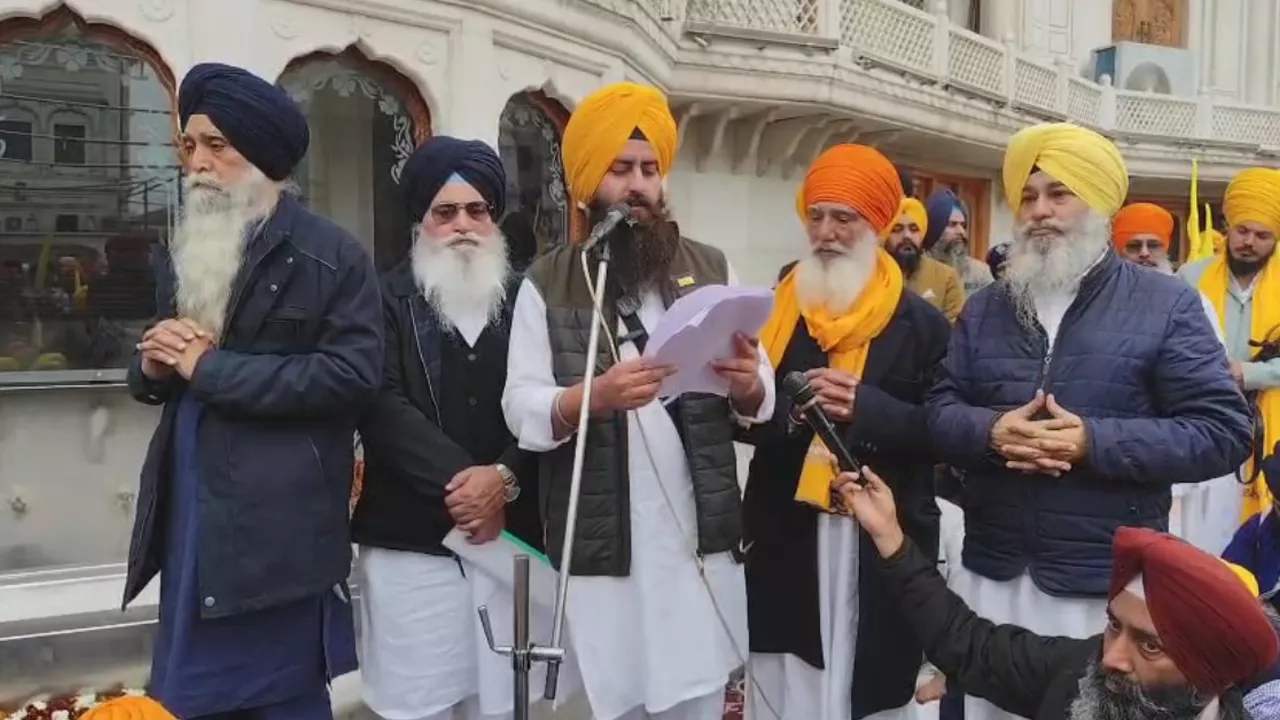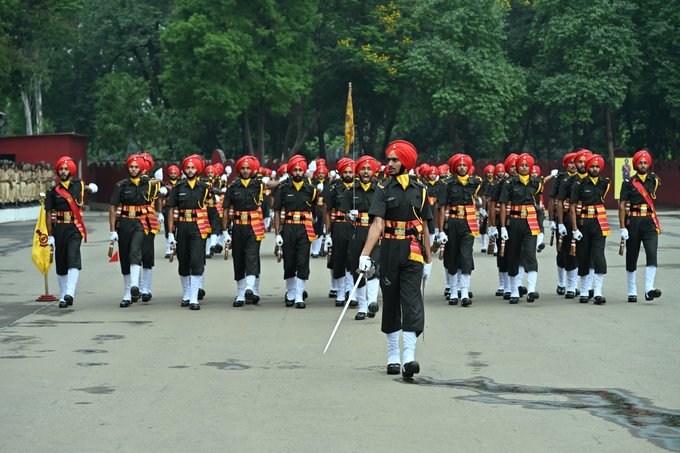On 20 Dec, Union Law and Justice Minister Arjun Ram Meghwal informed the Indian Parliament that ten states have withdrawn general consent to the Central Bureau of Investigation (CBI) to investigate cases in their respective jurisdictions. The states are Panjab, Jharkhand, Kerala, Rajasthan, Chhattisgarh, West Bengal, Mizoram, Telangana, Meghalaya, and Tamil Nadu. Most of these states have non-BJP governments. The CBI, India’s oldest investigative agency, evolved from the Special Police Establishment (SPE), set up in 1941 by the then British government of India. According to Section 6 of the Delhi Special Police Establishment (DSPE) Act, 1946, the CBI now needs consent from the respective state governments to conduct investigations. Asserting that the withdrawal of general consent by some states has led to severe limitations in the CBI's powers to investigate crucial cases, a Parliamentary panel recently said there was a dire need to enact a new law and give wider powers to the federal agency so that it can probe cases without a ‘state's consent and interference.’ This shows the trust deficit between the Center and the states. This distrust is not new. It has been a decade since Supreme Court Justice RM Lodha described the CBI as a ‘caged parrot’ that speaks in ‘its master’s voice.’ That was during the INC-led United Progressive Government. The BJP follows the same tactic to dig out information on its opponents. This forced 14 opposition parties to go to court in Mar 2023 against ‘misuse’ of CBI. In Apr 2023, the Supreme Court refused to entertain the petition.


Like what you're reading? Subscribe to our top stories.
Liv Forum provides a digest of analysis on major issues facing Indian (East) Panjab and Sikhs globally.
In accordance with our Privacy Policy, we will never share or sell the information of our subscribers.






